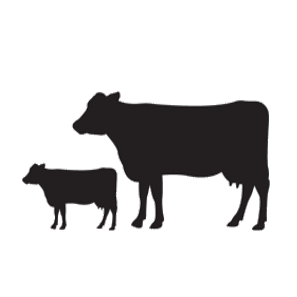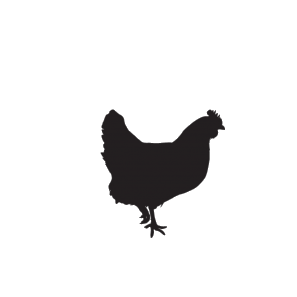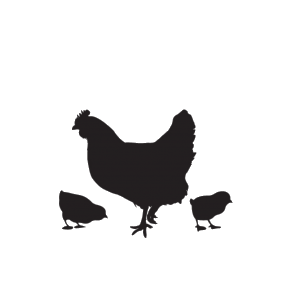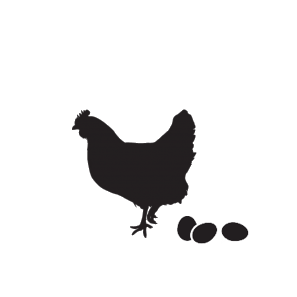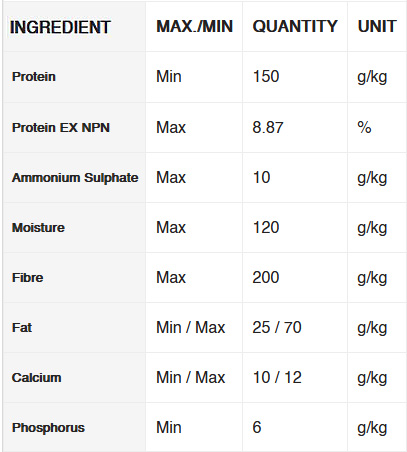A poultry house has a number of functions, including protecting your birds from the environment and unfavourable conditions, ensuring that your birds can be watched over and their progress can be tracked in an easy and economic manner, and to ensure that disease control measures have been put in place and are working.
For the health and safety of your birds, as well as the general population, your poultry house should not be located close to where people are staying or working, which means not close to residential or industrial areas. There should be a safe and usable road leading up to the farm or house, and the facility should be equipped with electricity and clean water.
Checking your poultry house
Checks should be conducted every day to assess the standard and welfare of your bids. You should enter the house as quietly as possible, and it’s always best to use all your senses to evaluate the environment in which your chickens are living.
Sight: Observe your birds’ behaviour, such as how they are distributed in the house, and see how many of them are feeding, drinking and resting. You should also observe their posture and movement, as well as alertness and gait. It is also important that you check the environment, such as signs of dust and litter quality.
Taste: Taste the water and feed to ensure that it is still of high quality and is not contaminated.
Touch: You should handle your birds gently and assess the crop fill. The crop fill will be able to tell you whether your birds are eating and drinking enough feed and water.
Smell: Take note of how the air smells around you, whether it is clean and fresh, or whether there is a trace of stuffiness or ammonia in the air.
Hearing: Listen to your flock and take notes of the vocalization, breathing and respiratory sounds. This will help you to pick up whether they have developed a respiratory infection or are having trouble breathing. Also take note of the mechanical sounds of the house, such as feed augers.
The reason you are encouraged to use your senses as soon as you step into the house is because you will become more acclimated to the environment, the longer you stand in it. What you experience in terms of your senses is what your flock will experience too.




